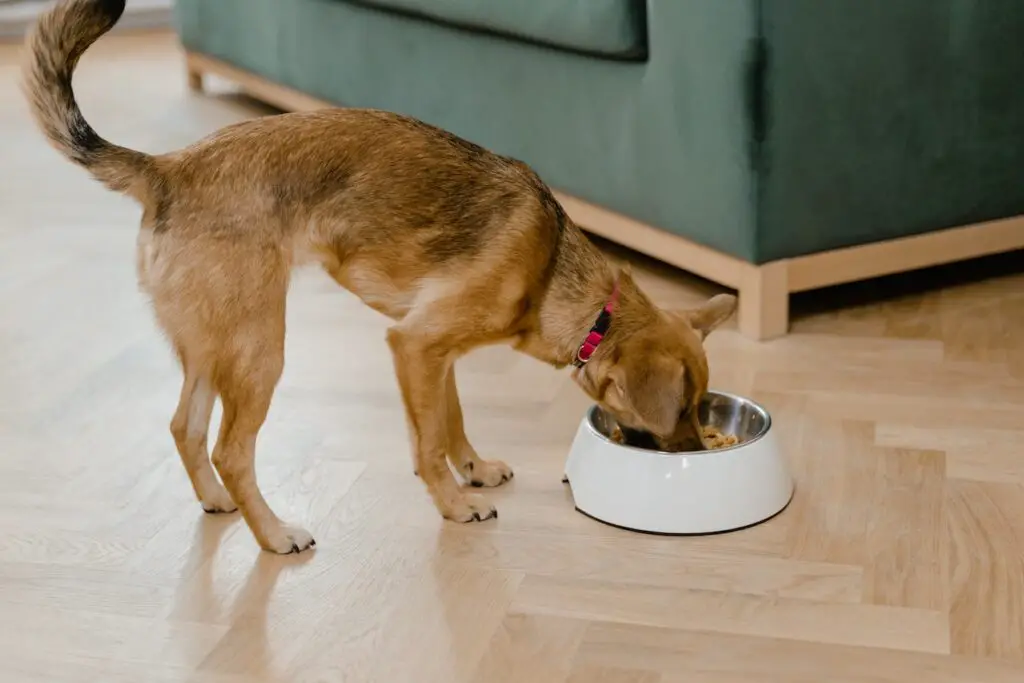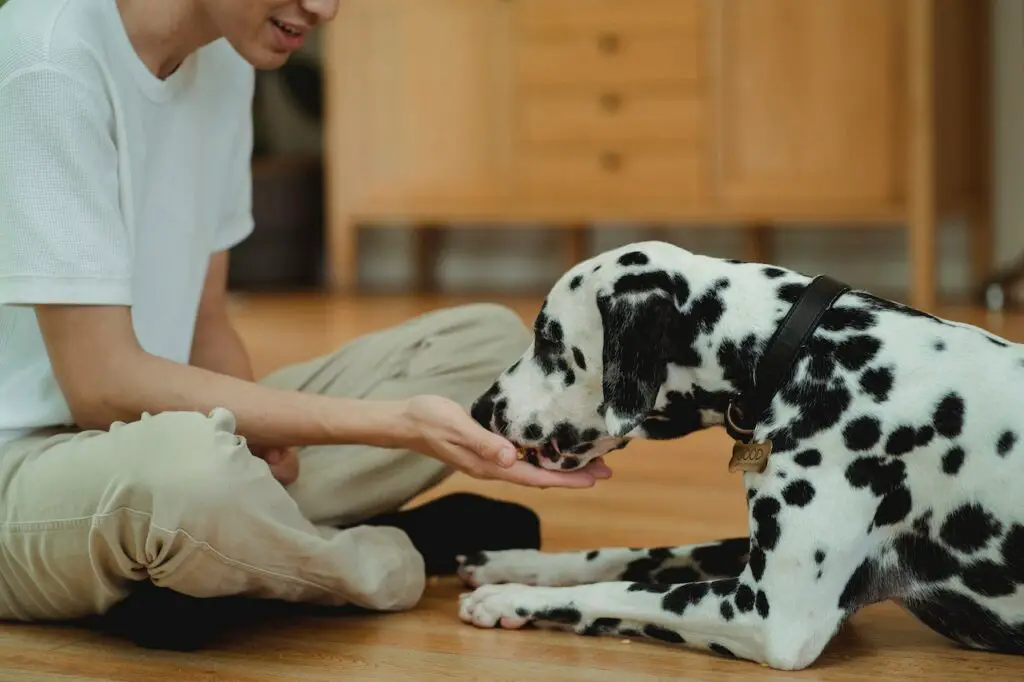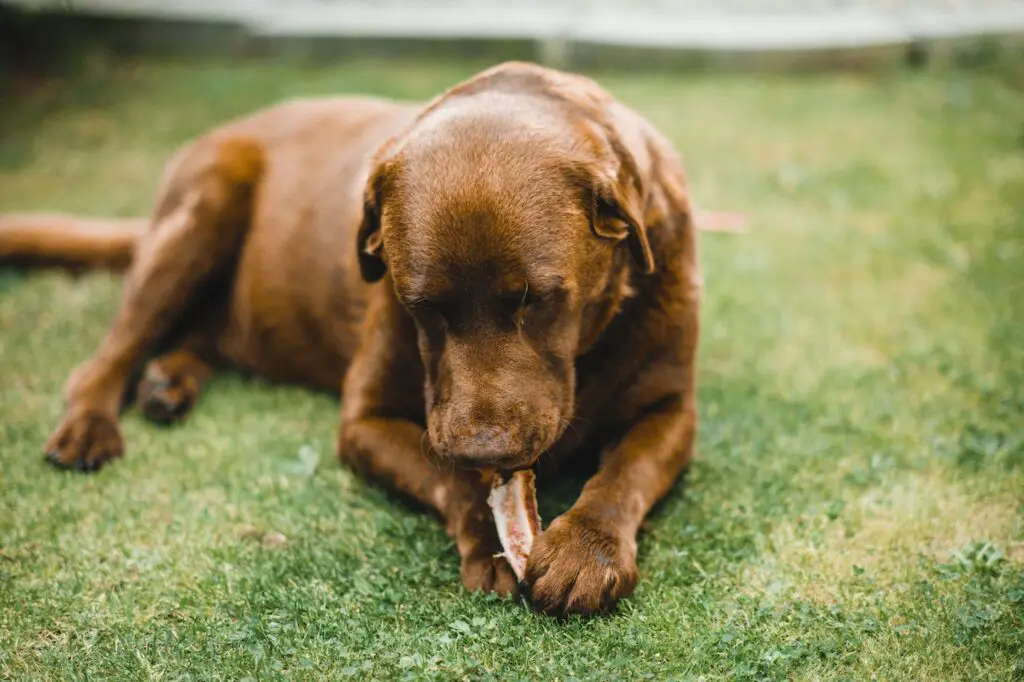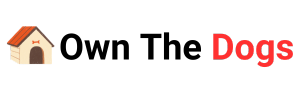Dogs are curious creatures, and sometimes their curiosity leads them to eat things they shouldn’t. If you’ve ever found your dog munching on shoes, socks, or even non-food items like sticks and rocks, you may be wondering, “Why does my dog eat everything?”
In this article, we’ll explore ten possible reasons behind this behavior and discuss how you can help your furry friend overcome it.
10 Reasons Why Does My Dog Eat Everything

1. Natural Behaviour
Dogs are descendants of wolves, and their ancestors had to scavenge for food to survive. This instinct may still linger in their genes, causing them to eat whatever they find. Although domestication has changed their diet, some of these instincts remain.
2. Boredom and Lack of Stimulation
Dogs need mental and physical activities to stay happy and healthy. When they feel bored or lack stimulation, they may resort to eating anything they can find as a way to entertain themselves.
To prevent this behavior, offer engaging toys, take them for regular walks, and spend interactive playtime with them.
3. Nutritional Deficiencies
If your dog’s regular meals don’t provide the right balance of nutrients, they might try to make up for it by eating non-food items. It’s crucial to feed them a well-balanced diet tailored to their specific needs.
Consult with your veterinarian to ensure their food meets their nutritional requirements.
4. Attention-Seeking Behavior

Dogs are social creatures and crave attention from their human companions. Eating everything in sight, even objects they shouldn’t, can be a way for them to get your attention, even if it’s negative.
Make sure you give them plenty of positive attention through playtime, walks, and cuddles, to discourage attention-seeking behaviors.
5. Anxiety and Stress
Just like humans, dogs can experience anxiety and stress. Changes in their environment, separation anxiety, or fear can trigger these emotions. Some dogs resort to eating objects as a coping mechanism to relieve their stress.
If you suspect anxiety or stress is causing this behavior, seek guidance from a professional dog trainer or behaviorist.
6. Lack of Training
Proper training is essential for dogs to understand what behavior is acceptable and what is not. If your dog hasn’t received consistent and effective training, they may not know that eating everything is inappropriate.
Enroll them in obedience classes or work with a professional trainer to teach them commands and reinforce positive behaviors.
7. Teething

Puppies go through a teething phase, similar to human babies. During this time, their gums may feel uncomfortable, leading them to chew on objects for relief. Provide appropriate chew toys specifically designed for teething puppies.
Redirect their chewing behavior to these toys and discourage them from chewing on household items.
8. Medical Conditions
Excessive eating of non-food items, known as “pica,” can sometimes indicate an underlying medical condition. Gastrointestinal disorders, nutritional deficiencies, or parasites could trigger this behavior.
If you’re worried about your dog’s eating habits, consult with your veterinarian to rule out any potential health issues.
9. Environmental Factors
The environment in which your dog lives can influence their behavior. If they have access to objects they can chew on, such as loose household items or garbage, they may develop a habit of eating everything.
It’s important to create a safe living space for your dog, removing potential hazards and providing appropriate chew toys.
10. Reinforced Behavior
Sometimes, unknowingly, we reinforce certain behaviors in our dogs. If your dog has received attention or rewards in the past for eating objects, they may continue this behavior to seek similar rewards.
Consistently discourage and redirect this behavior while rewarding positive actions.
How to Change Your Dog’s Behavior: Helpful Tips

Now that we’ve explored the reasons why dogs eat everything, let’s discuss ways to change this behavior and help your furry friend:
1. Provide a Balanced Diet
Ensure your dog receives proper nutrition from their meals. Consult with your veterinarian to choose a high-quality dog food that meets their specific dietary needs.
2. Keep Your Dog Active
Regular exercise and playtime are essential to keep your dog mentally stimulated and reduce their destructive chewing behaviors.
3. Offer Appropriate Chew Toys
Provide your dog with safe and suitable chew toys designed for their size and age. Encourage them to chew on these toys instead of household objects.
4. Supervise and Restrict Access
Keep a close eye on your dog, especially during periods when they’re more likely to engage in destructive behaviors. Use baby gates or crate training to restrict access to certain areas of your home.
5. Training and Socialization
Invest time and effort into training your dog. Teach them commands such as “leave it” and “drop it” to discourage inappropriate chewing. Socialize them with other well-behaved dogs and people to improve their behavior and confidence.
6. Positive Reinforcement
Reward your dog for good behavior with praise, treats, or playtime. Positive reinforcement helps reinforce desired behaviors and can be a powerful motivator for change.
7. Address Underlying Anxiety

If anxiety or stress contributes to your dog’s behavior, seek assistance from a dog behaviorist or trainer experienced in anxiety-related issues. They can provide guidance and techniques to help your dog feel more secure.
8. Keep the Environment Safe
Remove any potential hazards or objects that your dog may be tempted to eat. Keep household items, garbage, and toxic substances out of their reach.
9. Seek Veterinary Advice
If you’re concerned about your dog’s eating habits or suspect an underlying medical condition, consult with your veterinarian. They can conduct a thorough examination and recommend appropriate tests or treatments if necessary.
10. Patience and Consistency
Changing your dog’s behavior takes time and patience. Be consistent in your training methods and provide a positive and supportive environment for your furry friend.
FAQs about Dogs Eating Everything

Q: Is it normal for dogs to eat non-food items?
A: While it’s not uncommon for dogs to chew on non-food items occasionally, excessive or compulsive eating of non-food items may indicate an underlying issue that needs attention.
Q: How can I tell if my dog has a medical condition causing this behavior?
A: If you’re concerned about your dog’s eating habits, it’s best to consult with your veterinarian. They can perform a thorough examination, run diagnostic tests if necessary, and rule out any underlying medical conditions.
Q: Are there any home remedies to stop my dog from eating everything?
A: While some natural remedies might help alleviate certain underlying causes, it’s crucial to consult with a professional to address the root of the problem. Home remedies alone may not be sufficient.
Q: Can punishment stop my dog from eating everything?
A: Punishment is not an effective method for changing your dog’s behavior. It can create fear and anxiety, making the problem worse. Positive reinforcement and redirection are much more effective and humane ways to address this behavior.
Q: Can this behavior be fixed, or will my dog always eat everything?
A: With proper training, management, and addressing any underlying issues, most dogs can overcome this behavior. However, it may take time and patience to see significant changes.
Conclusion
If you’ve been wondering why your dog eats everything, remember that there are various reasons behind this behavior. By understanding these reasons and taking appropriate steps to address them, you can help your furry friend develop healthier habits.
Remember to seek professional advice from veterinarians or dog trainers to ensure you’re providing the best care for your dog.
With patience, consistency, and love, you can guide your dog towards a happier and safer life.

